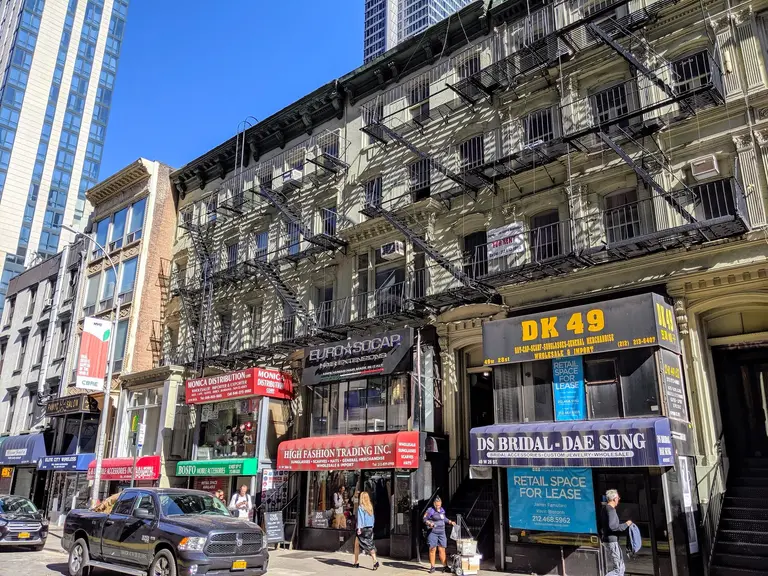May 1, 2019
The Landmarks Preservation Committee heard mixed testimonies yesterday during a public hearing over the designation of five buildings on West 28th Street between Fifth and Sixth Avenues known as Tin Pan Alley. The buildings in question—ranging from 47-55 West 28th Street—are notable for the significant concentration of sheet music publishers they housed during the late 19th and early 20th centuries. As music publishers continued to flock to the block, the nickname “Tin Pan Alley” was coined in 1903 to describe the sound of piano music that could be heard from every corner. Though most everyone in attendance agreed on the historical significance of these buildings, some pointed to the racist tunes that were also written there as a reason to block the landmark designation—with even the buildings’ owner, controversial developer Yair Levy, arguing against it.
More info

